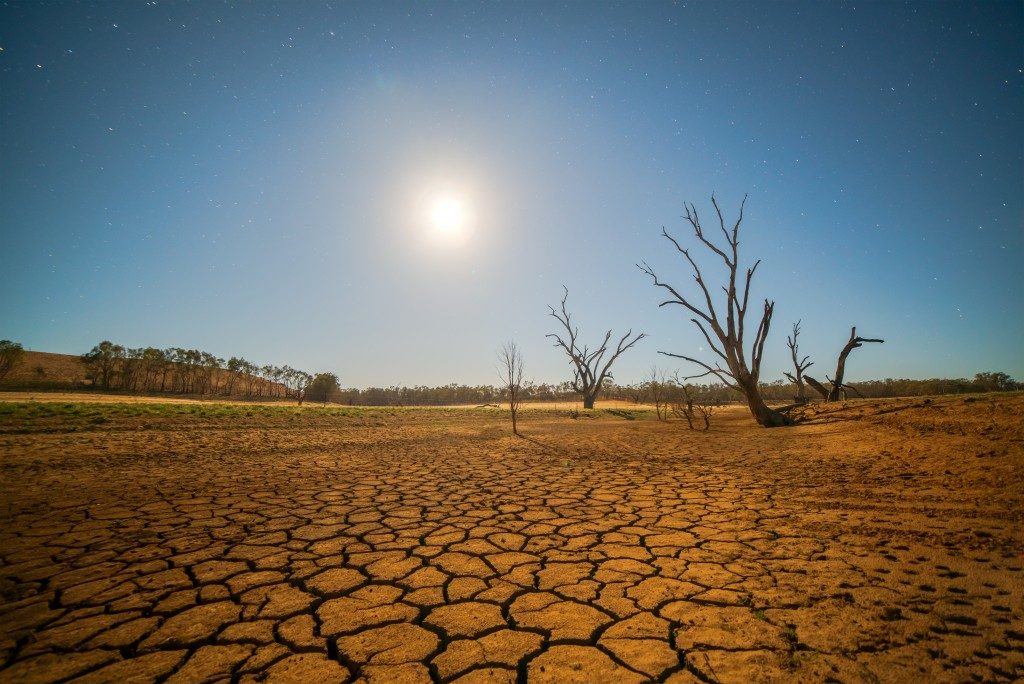Conserve water. You know the drill. However, there’s more to having a decent supply of water and keeping your water bills manageable than just saving water. You’ll never know if you forget something, so make sure that you’re prepared for everything.
Plumbing
Last November 2018, the country was asked to run their tap water for 30 seconds because of the risk of lead poisoning. While there was nothing wrong with running your tap for half a minute, the country was having one of the worst droughts at that time that it caused outrage all over Australia.
As of now, there isn’t any study that proves a direct relationship between droughts and lead poisoning. However, corrosion will occur in almost all metals and alloys when exposed to high temperatures. Furthermore, this corrosion is one of the leading causes of lead mixing into tap water.
Therefore, something as simple as checking your plumbing or the plasson compression fittings of your pipes can decrease the chances of lead poisoning. Additionally, you can call your local plumber to give your pipes a complete tune-up.
Emergency Water Supply
You probably already know that humans can live for only a week without water. Therefore, you can imagine how essential it is to have an emergency water supply at home during a drought. However, “emergency water supply” doesn’t just pertain to having a water tank at home.
There are three types of water supplies that you must always have:
- Water for sanitation
- Water for medical emergencies
- Drinking water
Without these three, the chances of surviving a drought can be punishing — if not impossible. So what should you do?
For starters, you must stock enough water that will satisfy the needs of every member of your family. Your 6-foot dad will probably need more water for baths than your 13-year-old sister. Your mom probably needs to drink more water than you for her health. Hence, rationing out the supplies must be as equal as possible, and it’s best if you can discuss it with your family.
Now, aside from the three most important water supplies, you can still take it a bit further. Consider installing a rain catching system to gather rainwater whenever it comes. You can use this for watering your garden or cleaning the house, all while helping cut down your water bills.
Health

It’s wise to expect health problems to arise during a drought so that you can prepare for them when they come. After all, water is a necessity that we can’t afford to lose. So aside from the common dehydration, there are still a lot of illnesses that you need to be on the lookout for during a drought.
Studies show that six indirect health effects can lead to an increase in morbidity and mortality during a drought:
- Nutrition-related effects
- Mental health effects
- Vector-borne disease
- Airborne and dust-related disease
- Water-related disease
- Other, less general effects, like injuries, cancer, wildfires, etc.
Knowing these threats can help you prepare for them so that you and your family can prevent them from happening. If there’s anything better than having a cure for sickness; that is having a way to avoid it.
Better Safe Than Sorry
Since we still have no way of stopping droughts whenever they happen, the only thing we can do is to prepare for it. One can never be too careful if it means keeping your family safe and healthy.

